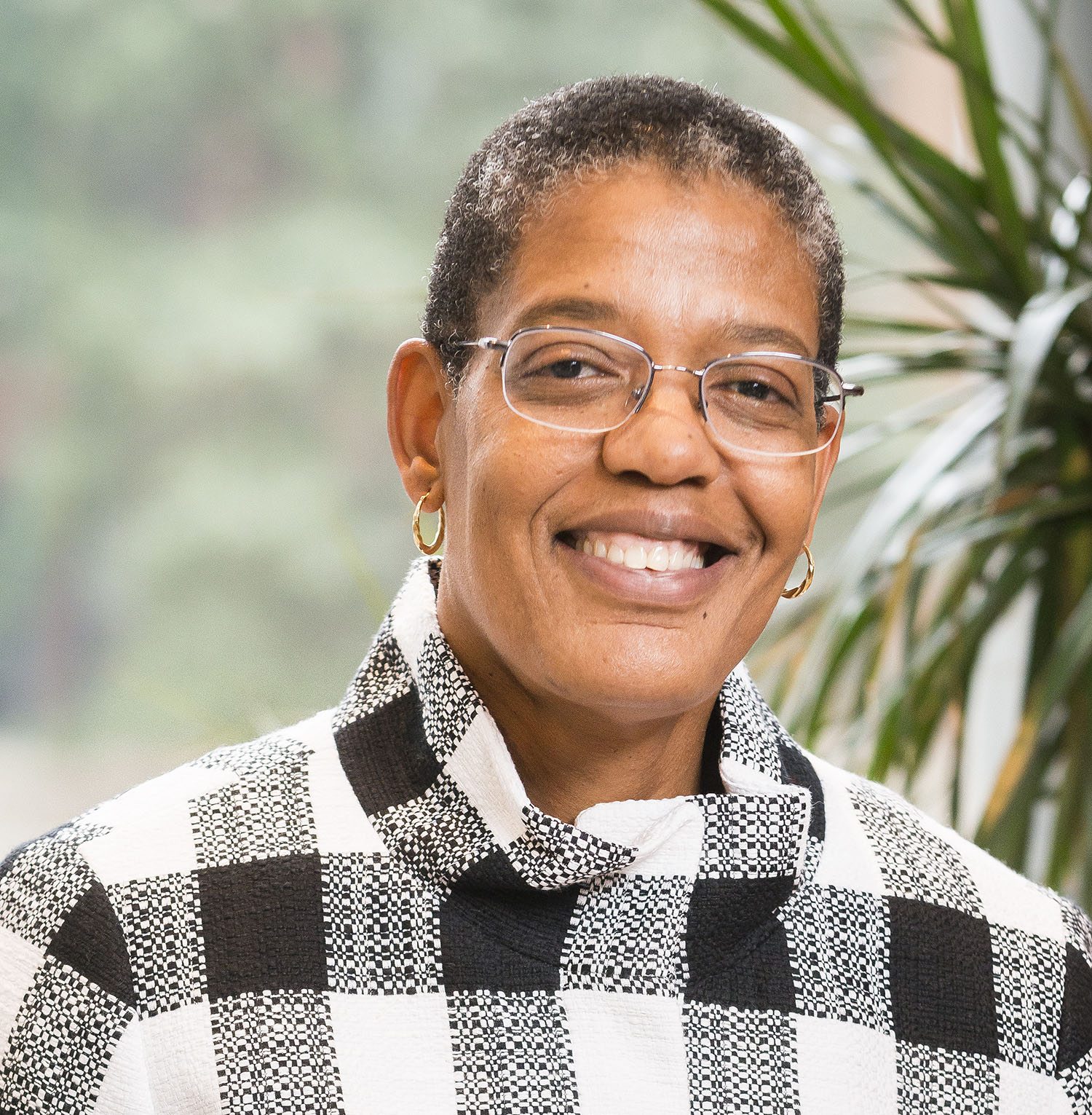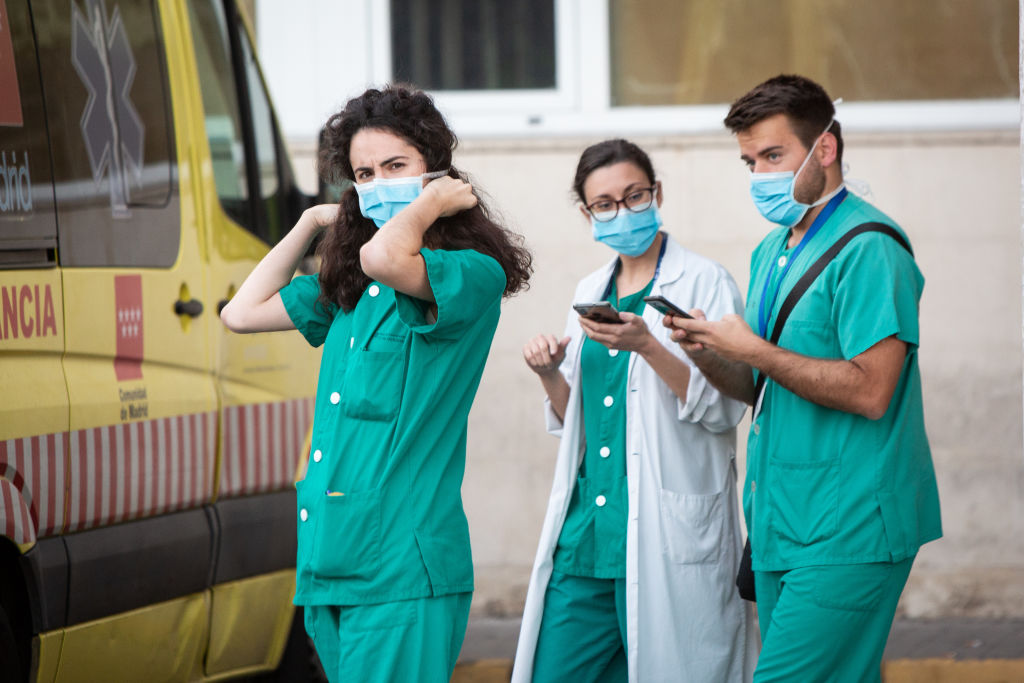For all the uncertainty wrought by the coronavirus, one thing is certain: across the country, every day and night, our frontline healthcare workers are navigating the challenges of this moment with courage and compassion. As many of us are being asked to serve the public health by stepping back — staying home, sheltering in place, and otherwise minimizing our contact with the outside world — you are stepping forward. You — nurses, doctors, EMTs, hospice workers, community health workers, social workers, military reservists and so many more — have become America’s first responders in the fight against coronavirus.
And what you are stepping forward into is unprecedented. You’re facing risks to your own health. You’re battling a force that is not yet fully understood. And as is often the case with those who work in high-stakes, life-and-death situations, you are all too likely to sacrifice your own health in the name of helping others.
That’s a noble goal, on the surface. But there’s a reason that in-flight safety presentations always instruct us to secure our own oxygen masks before assisting fellow passengers. We can’t help others effectively unless we first protect ourselves.
As this crisis continues to unfold, it’s essential for those on the front lines to commit to taking care of themselves. Quite simply, you will be more effective, more resilient and have more of an impact when you take proactive steps to manage your stress and recharge your body and mind. In other professional settings, the results of these steps are measured in outcomes like productivity and engagement. In yours, it is measured in lives saved.
However, there is a strong bias toward self-sacrifice among first responders. You may have heard, or held, opinions like: “I need to put myself last,” or, “I need to push myself to the very edge.” You may feel that you haven’t done your job unless you’ve run yourself ragged, or even that you are letting others down if you take a moment for yourself or tend to your own well-being.
But what the science clearly tells us is that taking care of yourself is the most essential thing you can do in order to properly care for someone else.
Dr. Dike Drummond is a family practice physician and author of Stop Physician Burnout: What to Do When Working Harder Isn’t Working. He writes that physicians internalize two prime directives. One is to never show weakness, and the other is that the patient always comes first. “This is a natural, healthy, and necessary truth when we are with patients,” he writes of the latter. “However, we are never shown the off switch. If you do not build the habit of putting yourself first when you are not with patients, burnout is inevitable.”
The Substance Abuse and Mental Health Services Administration advises first responders to take a range of steps to avoid burnout. It emphasizes the importance of taking regular breaks and limiting time spent in high-intensity settings. SAMHSA also highlights proactive, or upstream, steps you can take to ensure you’re as effective when you’re called on in an emergency: reducing physical tension through exercise, healthy eating, getting enough sleep and making time for relationships with those outside your profession.
We understand: nobody becomes a first responder because they want to take more breaks. But in order to truly rise to meet the challenge of this moment, our frontline healthcare workers need to make a mindset shift: when you take any small step to bolster your own well-being, think of it not just as an investment in yourself, but in your ability to make a difference in the lives of others.
As frontline healthcare workers step forward to address this epic public health challenge, their own health is threatened due to shortages in personal protective equipment, including gowns, gloves, and masks. #FirstRespondersFirst is launching a fundraising call to action to help address these needs. Donations to #FirstRespondersFirst will provide essential supplies and equipment for protecting frontline healthcare workers and their patients. There’s no overstating the importance of these needs. But there’s another urgent need to add to this list: ensuring that each and every one of our first responders gets the support they need to thrive. #FirstRespondersFirst will put a spotlight on the extraordinary contributions of frontline healthcare workers and to provide actionable Microsteps to support and sustain them as they confront this crisis. We have to stand for your health because you stand for ours.



